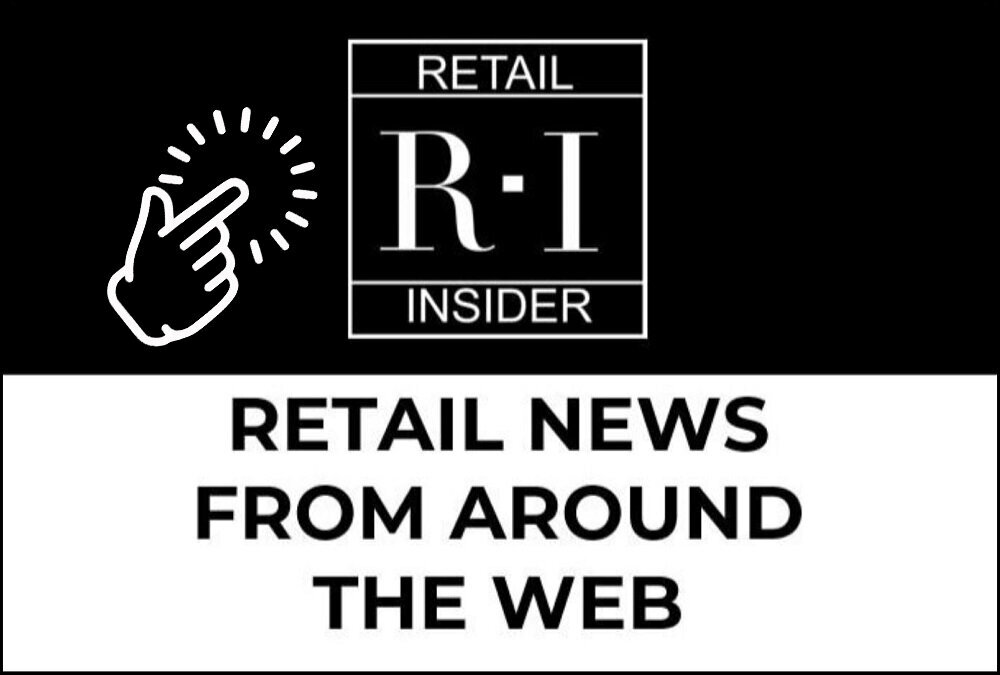Fear Could Disrupt Global Supply Chains: Sylvain Charlebois
/stock image
By Sylvain Charlebois
Arguably, Canadians have never heard more about supply chains than during this pandemic. Discussions about logistics and how food gets to restaurants, grocery stores, and kitchens abound. Canadians are not only genuinely interested in supply chains, but they are also commending the work people do who are involved in making our food systems work, from farm to fork. Outstanding.
But the journey hasn’t been perfect thus far. Empty shelves, line-ups, long cues when ordering food online has made some people nervous. As such, BC recently gave itself the authority to take over supply chains for delivering essential goods and services throughout the province. In other words, the province believes it can do a better job at logistics than the private sector. The White House is also showing signs that it wants to control supply chains which could be an issue. Agrifood commodities and products could easily be affected by new measures. This could become a problem for Canada’s food security.
Agrifood commodities and products could easily be affected by new measures. photo: mentor works
Since the beginning of this crisis everyone in both the public and private spheres have acknowledged, time and time again, that these are unprecedented times. Governments have taken steps to manage public health risks the best they possibly can. For the most part, their work has been amazing. But supply chains are not something bureaucrats are qualified to fully understand, especially nowadays. When someone is not involved with the mechanics of supply chains daily, blind spots can be overwhelming for the uneducated eye. Given the current pandemic climate, most of those in government are inundated with the complex challenges caused by Covid-19. Thus governments barely have any capacity to fully take on the supply chains.
Regardless, this is hardly surprising. Empty shelves were seen in many places, including grocery stores, the perception of running out of anything will instill fear. And fear will push people to make unconventional decisions. Companies and governments, to a certain extent, act the same way.
Governments opting to control supply chains will raise concerns about local patchwork or competing government-controlled supply chains. Some supply chains are already public which can lead to conflicting priorities. What also needs to be recognized is that few goods flow simply within a provincial geography. National, and most desirably, international coordination is critical. Governments, particularly during an election year, will have skewed priorities which often generates damaging protectionist policies. These policies can be detrimental to the true optimization of supply chains and could set a terrible precedent.
empty shelves in canadian grocery stores. photo: cbc.ca
We all know how fear can influence governments, especially in the US. According to a recent survey by Angus Reid, a total of 71% of Canadians are either concerned or extremely concerned about the Canadian economy. Given that more than 10 million jobless claims have been filed in the United States over the last two weeks, Americans are greatly concerned. When a crisis hits, populations tend to stay close to what’s familiar, which is why the buying local movement is getting a little bit of a lift these days. But these are not good signs.
The United Nations and the World Trade Organization last week appropriately called the world to order, which is especially important now. It mentioned that the world could face a food shortage if the authorities fail to properly manage the COVID-19 epidemic. Every effort has been made to ensure that trade flows as freely as possible, especially to avoid food shortages, and this needs to continue.
Dr. Sylvain Charlebois is Dean of the Faculty of Management at Dalhousie University in Halifax. Also at Dalhousie, he is Professor in food distribution and policy in the Faculty of Agriculture. His current research interest lies in the broad area of food distribution, security and safety, and has published four books and many peer-reviewed journal articles in several publications. His research has been featured in a number of newspapers, including The Economist, the New York Times, the Boston Globe, the Wall Street Journal, Foreign Affairs, the Globe & Mail, the National Post and the Toronto Star. Follow him on twitter @scharleb.











![Retail-insider-NRIG-banner-300-x-300-V01-3[2].jpg](https://images.squarespace-cdn.com/content/v1/529fc0c0e4b088b079c3fb6d/1593476525034-QRWBY8JUPUYFUKJD2X9Z/Retail-insider-NRIG-banner-300-x-300-V01-3%5B2%5D.jpg)
![Retail-insider-NRIG-banner-300-x-300-V01-2[2].jpg](https://images.squarespace-cdn.com/content/v1/529fc0c0e4b088b079c3fb6d/1593476491497-W6OZKVGCJATXESC9EZ0O/Retail-insider-NRIG-banner-300-x-300-V01-2%5B2%5D.jpg)
![Retail-insider-NRIG-banner-300-x-300-V01-4[2].jpg](https://images.squarespace-cdn.com/content/v1/529fc0c0e4b088b079c3fb6d/1593476508900-TJG5SNQ294YNOCK6X8OW/Retail-insider-NRIG-banner-300-x-300-V01-4%5B2%5D.jpg)
Sylvain Charlebois says that a code of practice is required to save the industry, and if nothing is done the consumer will also suffer.